It goes without saying that "Mantravidya" constitutes an integral part of our multi-dimensional cultural heritage. We are already aware of the tradition of the uninterrupted oral transmission of Vedic mantras beginning 5000 B.C. or 2000 B. C. or even earlier, down to the present times, as recorded by Yaska (900 B. C.), there was a school of thought (Kautsa’s name is specifically mentioned by Yaska) which regarded the mantras just as a collection of utterances of divine sounds with their irreversible sequence, devoid of any sematic relevance (mantra anathakah). Even the Saundaryalahari ascribed to Sankara (? 800 A D.) concludes with dedication of utterances of prayers consisting of words generated by Mother goddess Herself to Herself (tvadiyabhir vagbhis tava janani vacam stutir iyam ). It seems to be the generally accepted principle, both in Vedic and Pauranic/tantric schools, that each and every sound has an esoteric/mystic significance. The sounds being the inherent audible attributes of the invisible Space (Akasa), perhaps represent the most significant connecting links between the visible mortals and the invisible immortal divine powers. So the Sabdabrahman (sphota) is also considered to be the primary causative factor of the Universe.
Damara Tantra: Text in Nagari Script with an English Translation
The Damara Tantra is being ...
$18.00
$20.00

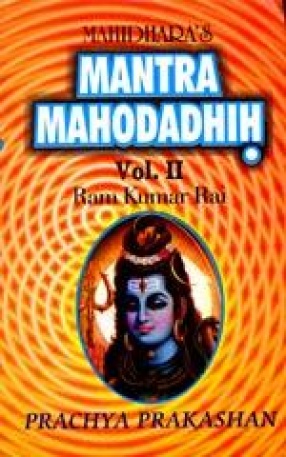
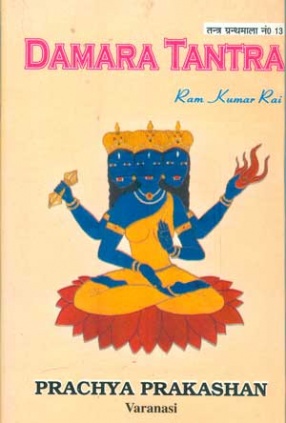
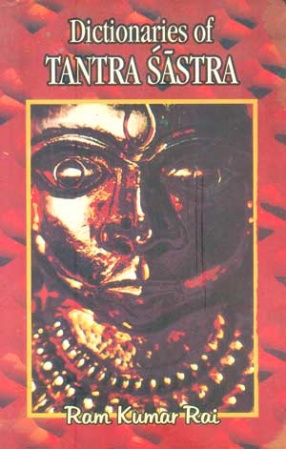
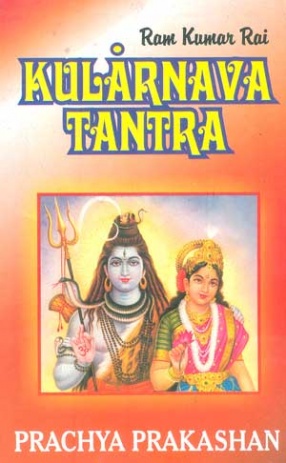
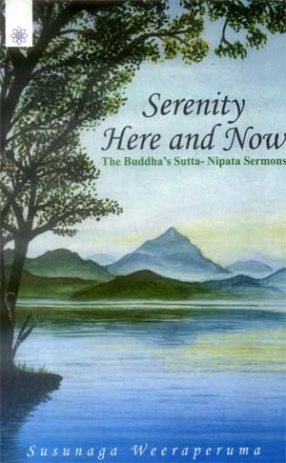
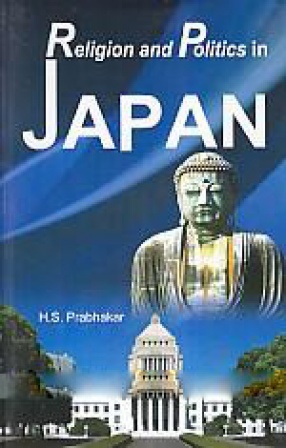
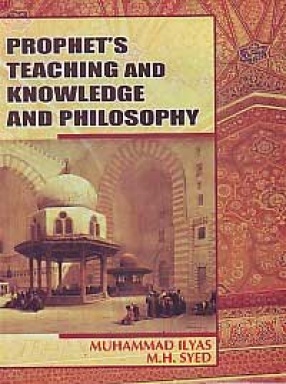
There are no reviews yet.